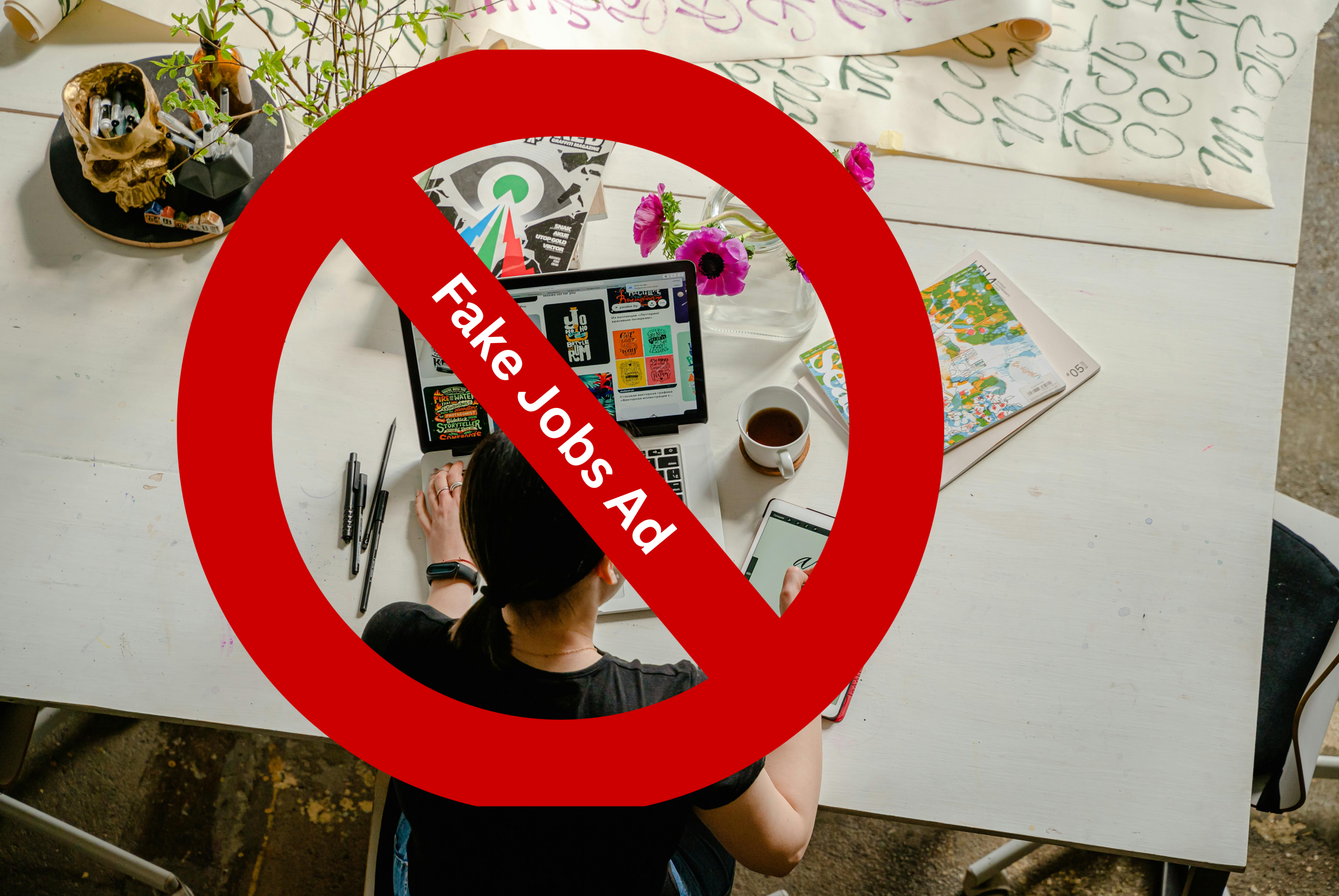It’s 6:45 PM. You were supposed to be off the floor by 5.
But now you’re standing by the copier. One more urgent task, they said. No overtime pay. No thanks. Just… work.
You sigh. Think about saying something. But what if they fire you?
Here’s the truth: you got rights. Real ones. Legal ones. Rights that don’t disappear just because the boss says so.
This isn’t just law talk. It’s life. Your life. Your work. Your voice.
Let’s break it down.
The Basics: Your Right to Fair Treatment
You’re not a robot. You got feelings. Limits. And dignity.
That’s where the Labour Relations Act and Basic Conditions of Employment Act (BCEA) step in. These aren’t just long names. They’re protection. For you. For every worker. From the cleaner to the call center agent.
So what do they say?
- You have to get a proper job contract. Not verbal promises.
- You must know your hours. When you start. When you finish.
- You can’t be treated badly just ‘cause someone feels like it.
- Firing you must follow a process. Always.
Think of Thuli. She worked admin in a small office. One morning—bam—boss says, “Don’t come back.” No warning. No hearing. Nothing.
Not okay. That’s unfair dismissal. And she took it to the CCMA.
Guess what? She won.
Your Right to a Safe Work Environment
No one should get hurt at work. Ever.
But it happens. Missing safety gear. Broken tools. Slippery floors.
That’s why there’s the Occupational Health and Safety Act (OHSA). It’s law. It says your boss must keep the workplace safe. Doesn’t matter if you work in a bakery or on scaffolding 10 floors high.
They must:
- Give you training
- Provide safety gear
- Fix dangers
- Act when things go wrong
Nomsa worked in a factory. Big machines. No gloves. Her hand got caught. Could’ve been avoided. But no one trained her.
She reported it. Got help. The company got fined. The system worked. Sort of.
You got one body. Protect it.
Right to Fair Pay and Leave
You don’t work for vibes. You work for pay. Real pay. On time.
The National Minimum Wage Act sets the floor. You must be paid at least the minimum, no less. Even if you’re a cleaner. A gardener. A domestic worker.
And about leave? Here’s what’s yours:
- 21 days paid annual leave per year
- Sick leave (yep, when you feel rough)
- Family responsibility leave for life stuff—kids, funerals, all that
- Maternity leave—4 months off, and you can claim UIF
Worked overtime? That means extra pay. Not just a smile and a “thank you.”
Lerato worked weekends. No extra cent. Till she read the BCEA. Took her payslip to HR. Got her backpay. She didn’t shout. She just knew her rights.
The Power of the CCM
The CCMA. Sounds fancy. But it’s your best friend when work stuff goes south.
Fired unfairly? Not paid? Treated badly?
You go there. It’s free. You don’t need a lawyer. You just need to move fast—usually within 30 days of what happened.
They help with:
- Unfair dismissals
- Workplace bullying
- Discrimination
- Retrenchments
- Unpaid wages
Mpho worked security. Was retrenched overnight. Went to CCMA. Explained. Got compensation.
Moral? Speak. Don’t stay quiet. The law hears you. It really does.
Freedom to Join a Union
Want to join a union? Go ahead. That’s your right. You can even start one if you want.
Unions protect workers. Negotiate pay. Fight unfairness. They’ve been doing it for decades.
You can’t get punished for being a union member. If they try? That’s illegal. Full stop.
Unions aren’t drama. They’re power. Shared power.
Right Against Discrimination and Harassment
Let’s be real.
Sexual harassment? Still happening. Racial jokes? They’re not funny. Managers bullying staff? It’s a thing.
But it shouldn’t be.
The Employment Equity Act protects you. Doesn’t matter your skin tone, religion, gender, orientation, anything. You deserve respect. Period.
Naledi worked in HR. A colleague made weird comments. Often. She told her manager. They said “it’s just jokes.” She didn’t laugh.
She filed a grievance. Took it up. He got disciplined. Finally.
Stand your ground. You don’t need to accept abuse.
Right to Say No
This one’s big.
You can say no. No to unsafe work. No to crazy shifts. No to being forced into things not in your contract.
And you can’t be punished for that. It’s called “constructive refusal.” Not laziness. Not insubordination.
Khaya was asked to deliver gas cylinders. No training. No license. He said no. They tried to fire him.
Didn’t work. CCMA backed him up.
Use your voice. It’s legal.
Right to Training and Development
You deserve to grow. Not just show up.
The Skills Development Act is all about helping workers get better. Learn more. Move up.
Training isn’t a “favor.” It’s part of your right to grow at work.
Ask. Push. Learn.
Sihle was a cleaner. Asked for computer training. Got it. Later moved to admin. All because he spoke up.
Right to Privacy and Freedom of Belief
Your boss can’t read your messages. Or force you to pray. Or make you vote a certain way.
You’re allowed to be who you are. Even at work.
Thabo didn’t want to join Friday morning prayers. Was told he had to. Said no. Kept saying no.
Eventually, they backed off. Because he was right.
What to Do If Rights Are Violated
So what if something goes wrong?
- Speak to your manager. Calm. Clear.
- Write things down. Emails. Notes. Proof.
- Go to HR or file a grievance.
- Call a union rep. Or the CCMA.
- Act quick. Deadlines matter.
Don’t wait until it gets worse. Most times, help is a form away.
Final Thoughts
Work is part of your life. But it’s not your whole life.
You don’t owe your employer your silence. Or your fear.
In South Africa, your rights as a worker aren’t optional. They’re law. They’re built into the Constitution. And they matter. Every single day.
So if someone crosses a line? Don’t freeze. Don’t back down.
Get help. Speak up. Claim what’s yours.
Because you’re not just a worker. You’re a person. With rights. With power








